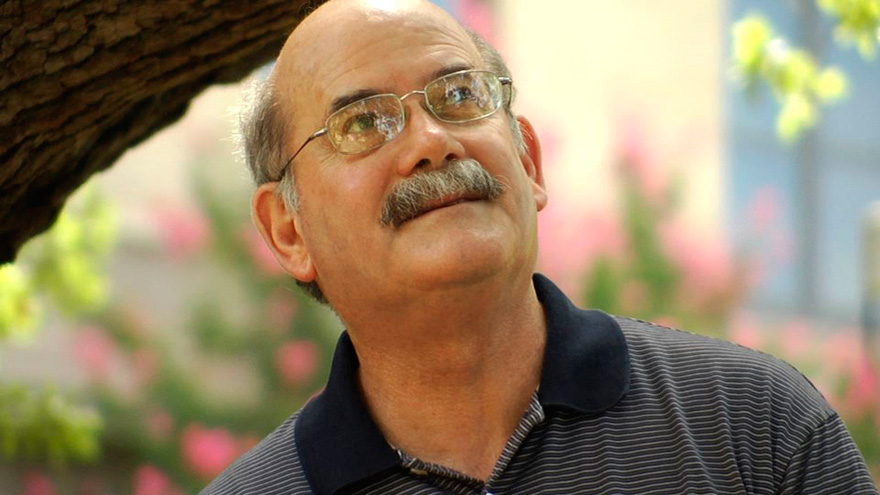 Back to selection
Back to selection
Five Questions with The Revisionaries Director Scott Thurman

Every ten years, the Texas Board of Education revises its textbook standards, leaving the curriculum decisions up to a staggeringly small council of fifteen members. And while this practice has been critiqued on a national level before, The Revisionaries shines a particularly introspective light on the entire procedure. Focused around Board of Education member, devout Evangelical Christian, and all-around complex figure Don McLeroy, this new documentary from director Scott Thurman and the Silver Lining Film Group is sure to stir up debate at the Tribeca Film Festival and beyond.

Filmmaker: What originally interested you about the Texas Board of Education? When did you become aware of their process for revising textbook standards?
Thurman: I first heard of the political debate over how to teach evolution from Science teachers as I began the project, which was initially focused on the classroom. After the board raised national attention in 2008 during the science curriculum standards review process, I felt there was a much greater audience for a film about the political issue, but I continued to pursue characters to guide the story.
Filmmaker: How did your thesis project, “Standing Up to the Experts” inform and influence this project?
Thurman: I was focused on the science standards for my thesis project, and in that time, I had only begun to build the relationship with our main character, Don McLeroy. The Revisionaries structure is built more around Don, as I continued to follow him for a total of 3 years throughout the science and social studies hearings.
Filmmaker: Similarly, how did your experiences working as a news photographer impact your filmmaking process? Are there major differences in the way you approach journalism and documentary filmmaking?
Thurman: I developed an appreciation for the short form, journalistic approach early on, but as I became less interested in popular issues and more interested in personal experiences, I shifted to an observational style, following subjects for longer periods of time to provide a more in depth portrait of characters and the circumstances they find themselves in.
I still strive for an objective representation of the issue and all characters, but have learned that seeking absolute objectivity is like chasing an ever-changing horizon line, and that the equal treatment of various viewpoints on any issue may not only be boring, but in some cases misleading.
By combining elements of the observational, expository and even poetic modes of documentary filmmaking, the editor, Jawad Metni and the composer, Mark Orton have helped to create more of an emotional objectivity with the characters, while the subjective decisions to include some information and exclude others reveal a distinct perspective on this issue.
Filmmaker: Don McLeroy is a very complex subject, with some strongly held political and religious beliefs that might be hard for some to swallow. Did following him so closely reveal aspects of his personality that surprised you?
Thurman: I was familiar with several controversial statements from Don in the news and read that he was the leader of the far right effort on the Texas board of education to challenge evolution, and so I expected him to be a stern, savvy politician with a hidden agenda.
When I went to my first board meeting, I saw a chipper guy, hardly hiding the motivation behind his political views, and earnestly flipping through materials on his desk to make the most informed decisions on every issue the board debated.
I was continuously surprised by Don’s openness each time he allowed me more access to personal aspects of his life, as he invited me into his home, dentist office and the 4th grade Sunday school class he’s been teaching for almost three decades.
Filmmaker: How do you hope the Texas School Board’s process will change in the coming years? Are there particular types of reform that you would push for?
Thurman: There are process’s I prefer and candidates I’d endorse, but I’m not interested in telling people what I think is best. I simply want to motivate viewers to become more aware of the curriculum standards and content going into classrooms in their own states, and I hope that will in turn produce the best education for our kids.
